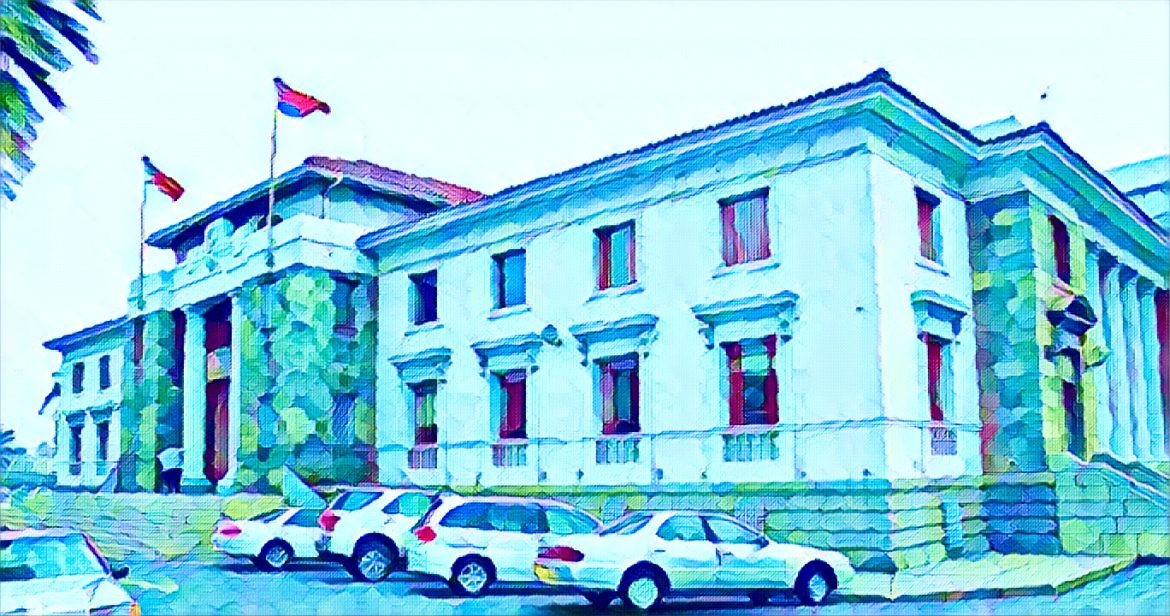President Emmerson Mnangagwa has established a Commission of Inquiry to investigate governance at the Harare City Council since 2017. The primary objective is to address administrative failures and ensure accountability. However, many see this as a pretext for a potential governmental takeover of Harare’s local authority due to Zanu PF’s history and ongoing strategies within Zimbabwean urban centers.
Retired judge Justice Maphios Cheda leads the commission and comprises former Cabinet minister Lucia Matibenga, Steven Chakaipa, Norbert Phiri, and Khonzani Ncube. The commission has a wide-ranging mandate, including scrutinizing the council’s financial management systems, compliance with the Public Finance Management Act, and the effectiveness of various outsourced arrangements. Additionally, it will investigate the management, sale, lease, or transfer of council properties to private entities and ensure that council meetings and asset disposal comply with legal standards.
The establishment of the commission follows a backdrop of tense relations between the central government and opposition-run councils. Harare, like many urban centers in Zimbabwe, has been a stronghold of opposition parties, particularly the Movement for Democratic Change (MDC). The MDC has provided the city’s mayoral leadership and the majority of its councilors for over a decade. This political dynamic has often led to conflicts over resource allocation, administrative control, and policy implementation between the city council and the central government.
In the past, the Zimbabwean government has used commissions as instruments to assert control over opposition-led city councils. Notably, Tafadzwa Muguti, the former Harare Provincial Affairs and Devolution Secretary, explicitly warned in 2022 that the government would not hesitate to impose such measures in councils perceived as failing. This stance underscores the government’s readiness to use administrative interventions as a tool for political consolidation.
The dissolution of the role of executive mayors and the subsequent empowerment of the Local Government Ministry to directly influence or control council operations represent a significant shift in how urban governance is administered in Zimbabwe. This shift has not only reduced the autonomy of city councils but also facilitated greater central oversight, which has often been wielded to sideline political opposition.
Critics argue that these maneuvers aim to neutralize the political influence of opposition parties in urban areas where they traditionally enjoy robust support. The timing and nature of the commission’s establishment suggest it might be another step towards centralizing power at the expense of local governance autonomy, despite constitutional provisions for devolution which are meant to empower local authorities.
Moreover, the central government’s track record in local governance, characterized by interventions in council operations and appointments, raises concerns about the genuine intentions behind the probe. The blocking of the appointment of James Mushore as Harare’s town clerk by former Local Government Minister Saviour Kasukuwere is often cited as an example of how the government has interfered in council affairs to maintain control and suppress opposition.
The financial implications of the probe, coupled with the extensive powers granted to the commission, also pose risks of overreach and potential abuse. These factors contribute to skepticism about the commission’s potential to effect positive change in Harare’s governance or its likelihood to further entrench Zanu PF’s control over the city.
In this context, the inquiry into Harare City Council should be viewed critically, considering both the historical interactions between the central government and urban councils and the broader political strategies at play. While the stated aim of the commission is to rectify governance anomalies and improve service delivery, the underlying political dynamics suggest a more complex agenda aimed at consolidating power and weakening opposition strongholds.
As Zimbabwe moves forward, the actions and findings of the Cheda-led commission will be pivotal in shaping the governance landscape of Harare. It remains to be seen whether the probe will lead to genuine reforms or merely serve as a vehicle for further political manipulation and control.
Source: Newsday


